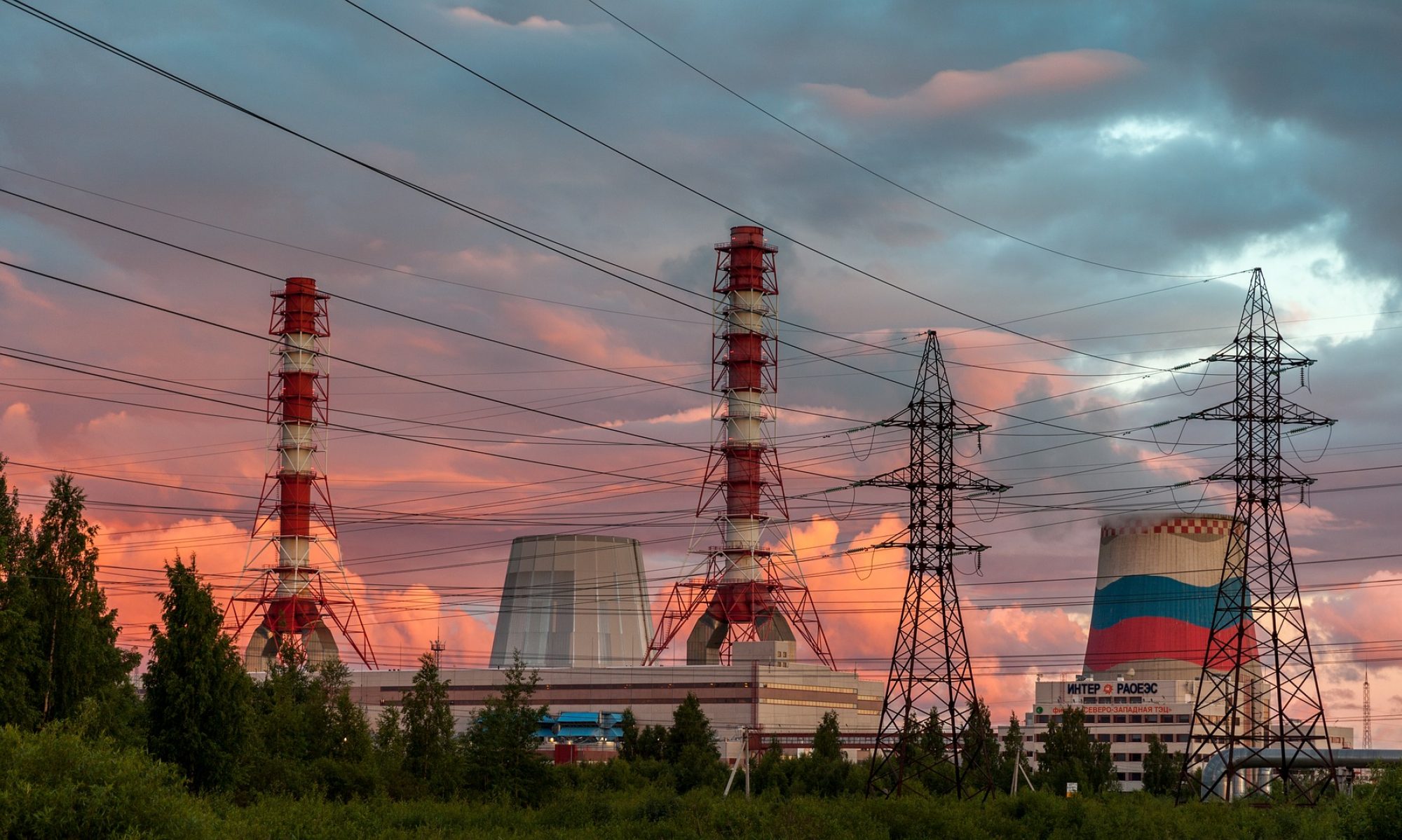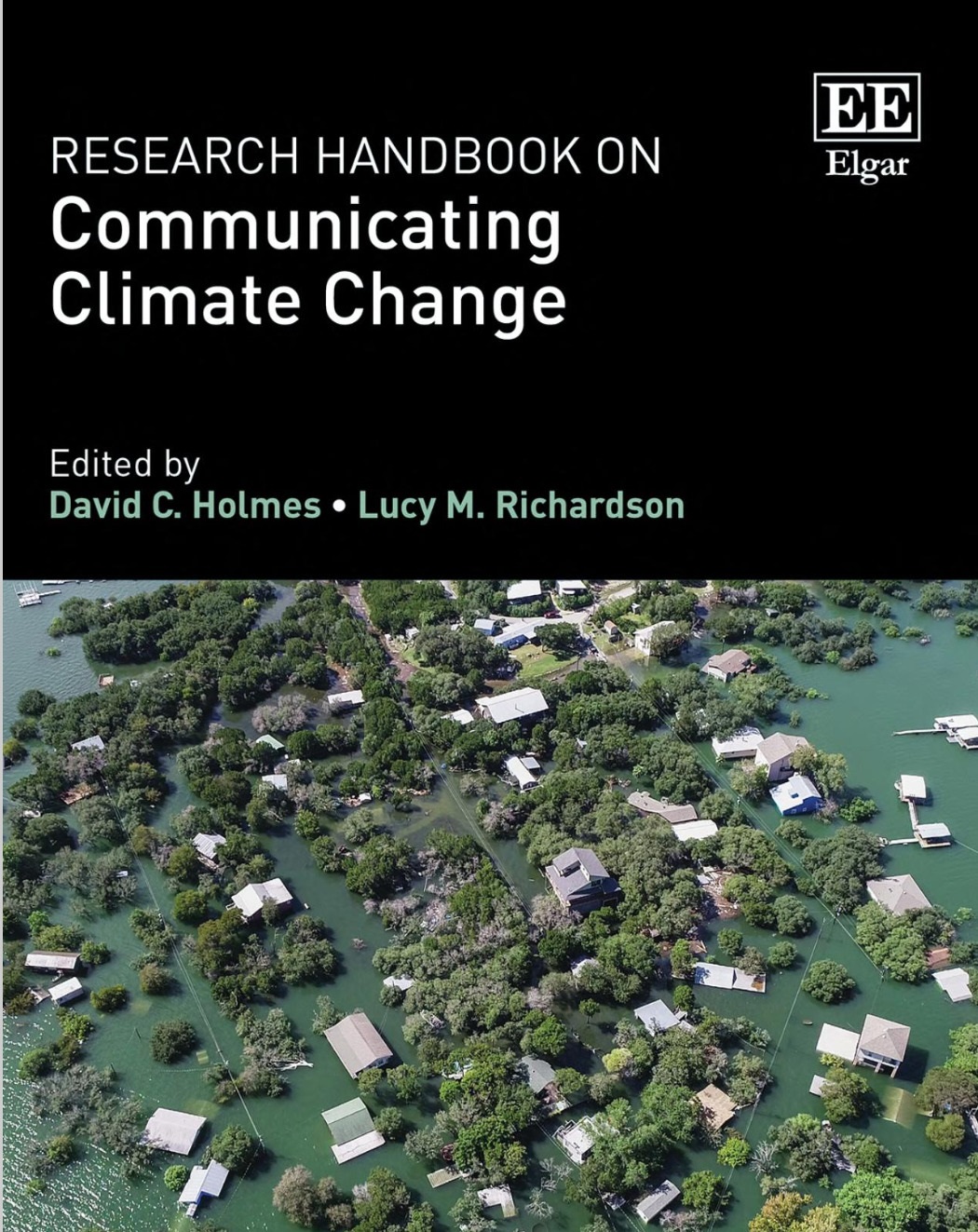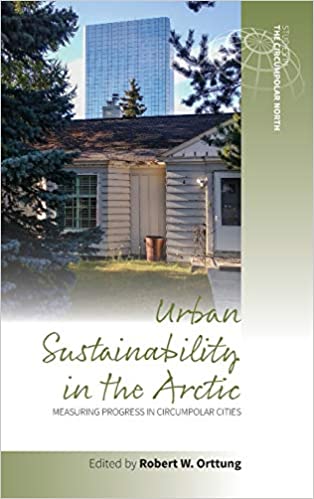A new publication “Leadership in Global Environmental Politics” by Sanna Kopra is published in Oxford Research Encyclopedia of International Studies under the “Environment, International Relations Theory” subject in August. In the paper, Dr. Kopra provides a conceptual map of leadership in global environmental politics.
There is wide consensus among global environmental politics (GEP) scholars about the urgent need for leadership in international climate negotiations and other environmental issue areas A large number of GEP studies elaborate rhetoric and actions of aspiring leaders in GEP. In particular, these studies seek to identify which states have sought to provide leadership in international negotiations on the environment, and how they have exercised this role in institutional bargaining processes at the international level. The biggest share of GEP studies generally focus on leadership in environmental governance within the United Nations (UN), and international negotiations on climate under the UN Framework Convention on Climate Change in general, or the role of the European Union (EU) in those negotiations in particular. Many GEP scholars have also investigated the leadership role of the United States in international environmental regime formation, whereas there are no systematic investigations concerning China’s leadership in GEP. In addition to the states, GEP literature identifies a wide range of other actors as potential leaders (and followers) in environmental issue areas: international organizations, non-governmental organizations, corporations, cities, religious organizations, social movements, politicians, and even individuals.
Since leadership is a social relation, a growing number of scholars have moved to study perceptions of leadership and to conceptualize the relationship between leaders and followers. GEP scholars also identify some qualitative aspects a leader must have in order to attract followers. Many empirical studies show that despite the EU’s aspiration to be a climate leader, it is not unequivocally recognized as such by others. At the same time, it seems that some forms of leadership, especially those based on unilateral action, do not necessarily require followers and recognition by others. In addition to the leader–follower relationship, the motivation of leadership constitutes one of the key controversies among GEP scholars. Some argue that self-interest is a sufficient driver of leadership, while others claim that leaders must act for the common good of a wider constituency (or at least be perceived to do so). To conclude, most scholars studying leadership in GEP regard structural leadership (based on material capabilities and hard power) as an important type of leadership. Much less attention has been paid to the social dimensions of leadership; this is undoubtedly a gap in the literature that prospective studies ought to fill.
Learn more about the publication here.


